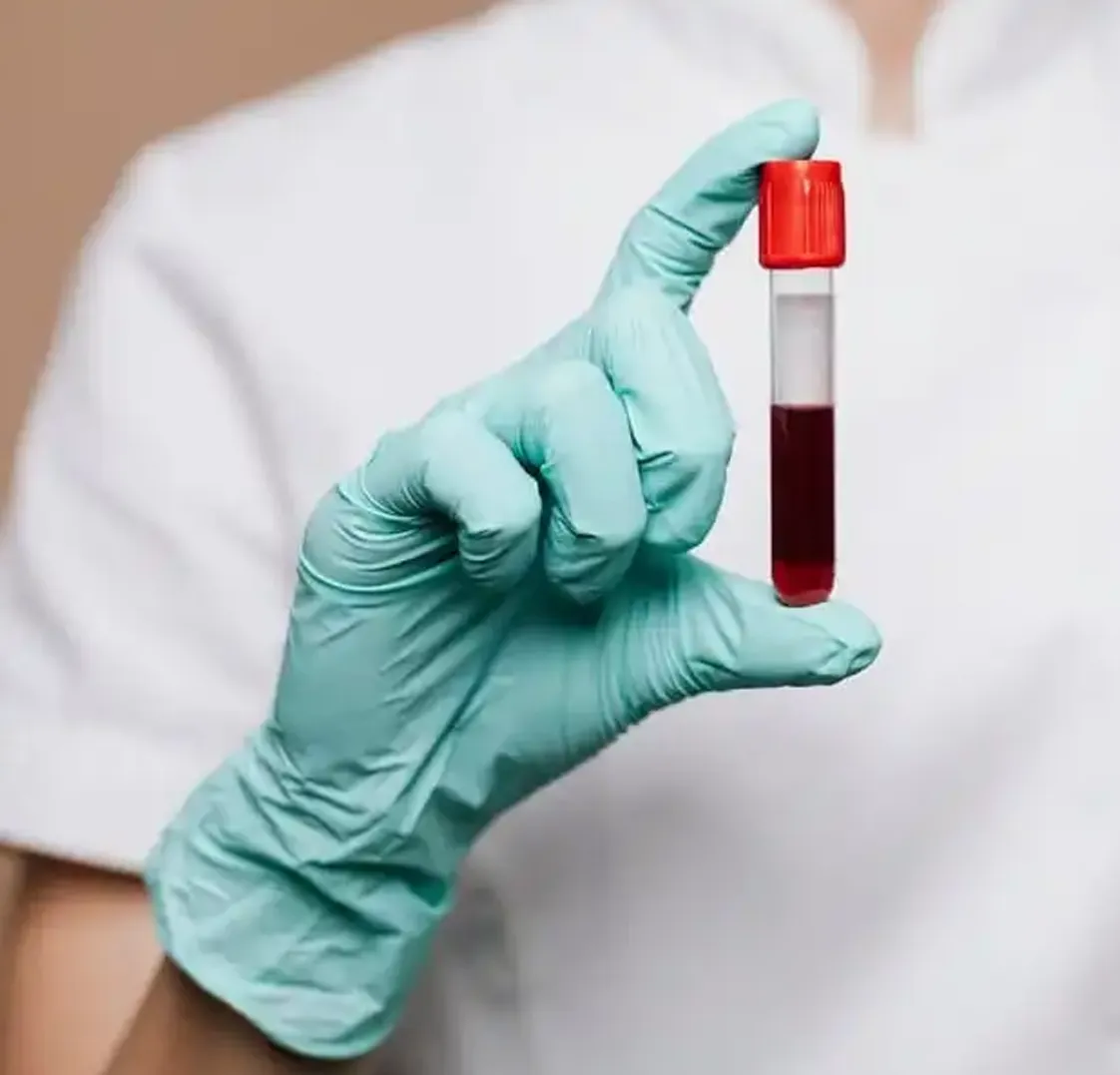Including Cholesterol, HDL, LDL, Non-HDL Cholesterol, Triglycerides, Chol: HDL ratio
A lipid panel is a blood test that measures the levels of various types of fats (lipids) in your blood, which are important indicators of your risk for heart disease, stroke and other cardiovascular conditions.
Key components of a lipid panel:
- Total cholesterol: The overall amount of cholesterol in your blood, including both good and bad types.
- Low-Density Lipoprotein (LDL) cholesterol: Often referred to as “bad” cholesterol, high levels of LDL can lead to plaque buildup in the arteries, increasing the risk of heart disease.
- High-Density Lipoprotein (HDL) Cholesterol: Known as “good” cholesterol, HDL helps remove LDL cholesterol from the bloodstream and protects against heart disease.
- Triglycerides: A type of fat that stores excess energy from food. High triglyceride levels are linked to heart disease and can be a sign of poor lifestyle habits or metabolic conditions like diabetes.
Why it’s important:
- Heart health: A lipid panel helps assess your risk for cardiovascular diseases such as heart attack, stroke and atherosclerosis.
- Monitor risk factors: Elevated levels of LDL and triglycerides, or low HDL, can increase your risk of developing heart disease. A lipid panel helps monitor these risk factors.
- Assessing health conditions: Conditions like diabetes, obesity and high blood pressure can impact lipid levels, so regular testing is essential to manage overall health.






